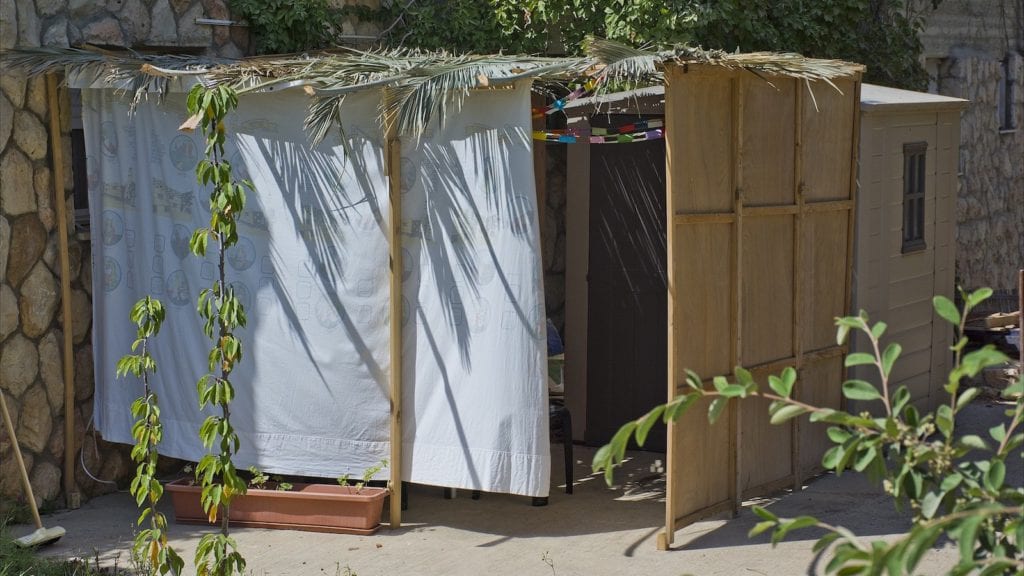
The Jewish holiday of Sukkot began as a harvest holiday, an event celebrated since time immemorial all over the world and in many different cultures. Because the exact time of Sukkot fluctuates based on the Hebrew calendar, we have the opportunity to celebrate the harvest of many different types of bounty. This year the holiday is right on time for apple-picking. Some years, it is at the height of raspberry season. We are so lucky!
Where does the name Sukkot come from, and how did it evolve to become the present day holiday?
At harvest time farmers would sometimes live in booths, or in Hebrew, Sukkot, so as to be close to their fields at this critical juncture.
This idea of makeshift booths was later connected to the grand myth of the Exodus, and the biblical text claims that the Israelites dwelt in booths when they left Egypt and wandered through the desert. There is no indication that this actually took place, but like so many myths, this speaks to an important historical truth. The holiday of Sukkot serves as a potent cultural reminder that for so much of our history we wandered from country to country without a homeland, living in makeshift circumstances, sometimes in booths (sukkot).
Today we are lucky, and for the most part live safely and securely. Reminders of homelessness, however, await at the entrance of most subway stations in NYC and in the news, when we read about how our broken immigration system houses refugees. May this be the holiday when we think of how we can alleviate the plight of the homeless. Our country is big enough and rich enough that no one should want for a secure place to rest their head.
-Rabbi Tzemah



